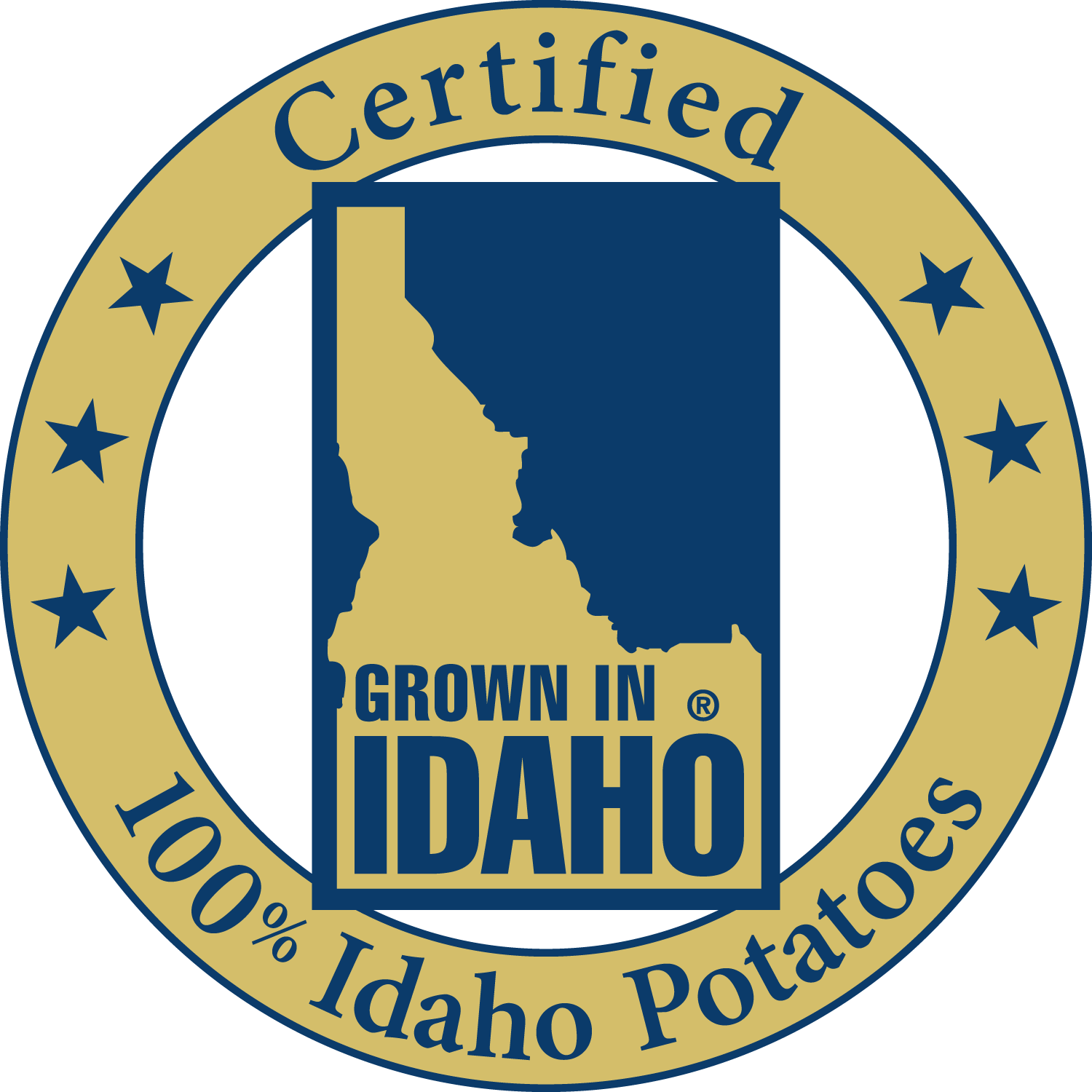Popular Tags
Ask Dr. Potato
With 938 posts, chances are there's already an answer to your question. Please try searching below before submitting a question to Dr. Potato. Use multiple words to help narrow down the results. For example, search for "potatoes" and "group" if looking for an answer on cooking potatoes for large groups.
My Hash Browns Have Thawed. What Do I Do?!
I have several packages of hash browns in my garage refrigerator freezer. I noticed that the freezer is not keeping them frozen solid. They are soft, but still very cold and have ice crystals. Is there a risk with cooking and eating them? If so, what specifically would be the concern?
Hash Browns or French fries are usually good in the freezer for 4-8 months at zero degrees F. While still cold, if they are soft to the touch that means they have lost the crispy texture you’ll expect of a quick frozen potato. If this occurred over a day or two, you should be fine to heat them up. The ice crystals tend to make me think that the freezer is pulsing from to warm back to cold, forming the ice over a longer period of time. When this happens to ice cream I automatically discard it as it has a stale off flavor from the thawing and freezing cycles. Unfortunately I think you should toss the potatoes. Also, what are the date codes on the hash browns? When in doubt, throw it out. You may need to also adjust the freezer temps downward or clean out the coils under the freezer. McCain (Ore-Ida) recommendations:
“Is it safe to use the product once it is thawed? We do not recommend using any of our McCain Potato products if it has been thawed.”
Some other articles:
Q. They are not out of date, and I’m not at all worried about the consistency, but I would like to know what the specific risk is in eating them. I’m studying food safety and sanitation right now, and the only issue addressed relative to potatoes is baked ones that are improperly stored.
A. Glad to know you are studying food safety and sanitation. The main issue with potatoes is that they are not acidic, they are a very neutral PH so when combined with dairy it can present real food safety problems, if left out at room temps once cooked. As a general rule, keep food hot, cold food cold and avoid keeping potatoes for any extended amount of time in the danger zone.
Here are some of the Dr. Potato posts on food safety, mostly with potato salads and baked potatoes left out at room temp.
You’ll have to refer to the specific manufacturers for tips on the food safety risks. I think most are going to tell you if they are soft and have been that way for a while to toss them. Here are their links: Idaho® Potato Processors
Share This

Dr. Potato isn't a real doctor but a team of potato experts ready to answer all your potato questions.
Click here to submit »
Dr. Potato Categories
The Idaho Potato Commission
Established in 1937, the Idaho Potato Commission (IPC) is a state agency that is responsible for promoting and protecting the famous "Grown in Idaho®" seal, a federally registered trademark that assures consumers they are purchasing genuine, top-quality Idaho® potatoes. Idaho's ideal growing conditions, including rich, volcanic soil, climate and irrigation differentiate Idaho® potatoes from potatoes grown in other states.
Contact
661 South Rivershore Lane
Suite 230
EAGLE, ID 83616
Phone: 208-334-2350
Fax: 208-334-2274
More

